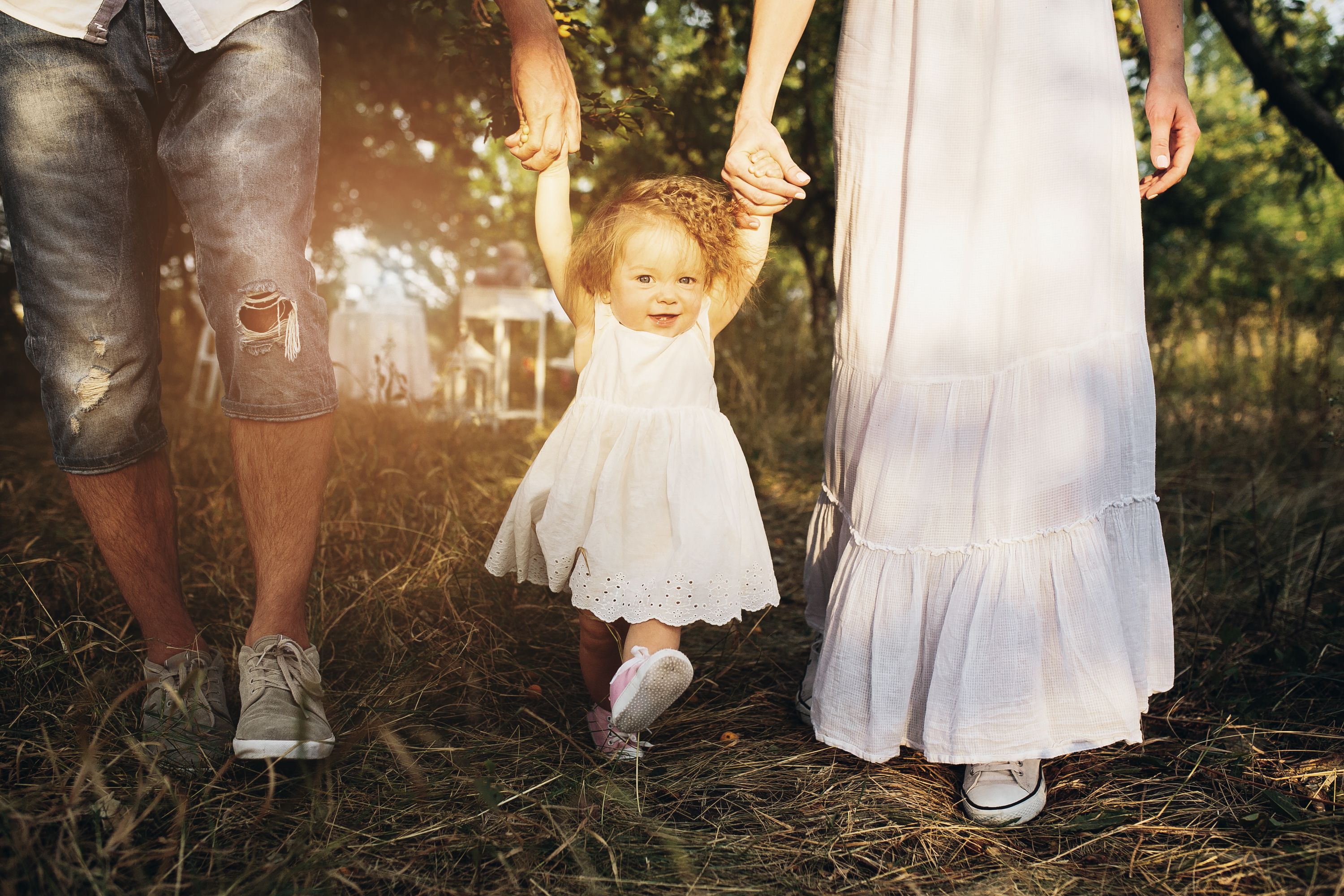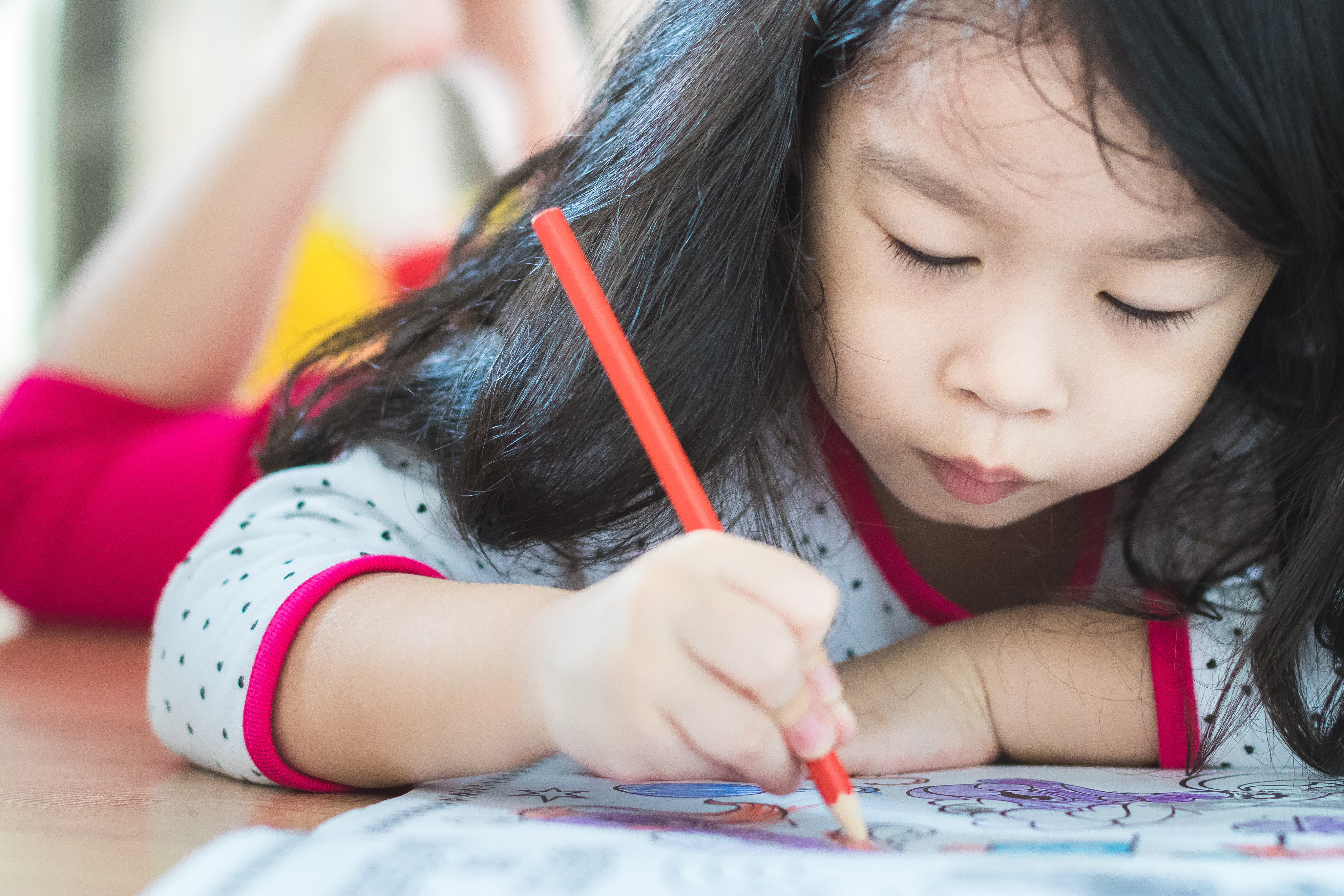Knowing how to express gratitude surely translates to a person’s optimism and happiness – and what parent wouldn’t want that for their child? Here are some tips on how to teach your child to not become a “gratitude resistor”.
Just like most things in life, expressing gratitude comes more naturally for some than for others. Typically, the average child has been told to say “thank you” from a very young age; I’m willing to bet, however, that if they, like many other young children, require constant prompting to say those two words, then they don’t truly understand their significance. In time, without the attention needed to teach them otherwise, a child can develop into a ‘gratitude resistor’ – i.e. someone who believes that expressing gratitude is cheesy, unnecessary, stupid”¦or all of the above. With this sort of outlook, a person can become more pessimistic and rude, hurting not only the people around them, but also themself. That’s why it’s so vital as parents to teach your children (from a very early age) both that being grateful is highly important, and about the various different ways to express gratitude. And it all starts from making sure that you, as the parent, are not a ‘gratitude resistor’ yourself.
Why is Gratitude So Important?
Your parents and your parents’ parents and your parents’ parents’ parents etc. have, through the generations, said that saying “thank you” is a must – after all, it’s just basic manners, right? But expressing gratitude goes so much further than that in terms of its benefits both to you and to those around you.

Here are just some of the scientifically proven benefits of gratitude:
- It is good for your mental health. Leading gratitude researchers have found that gratitude reduces many toxic emotions, including envy, resentment, frustration and regret, effectively increasing happiness and reducing depression. The American Psychological Association also found that teenagers who are grateful are less disruptive at school and more hopeful than their less-grateful peers, translating to higher levels of positivity and optimism in an age group that is one of the most vulnerable to poor mental health.
- It is good for your physical health. This is a lesser known, but important, fact – gratitude has plenty of benefits in this regard! A 2012 study showed that grateful people are ill less often and feel healthier than those who are less grateful. Moreover, a 1995 study in the ‘American Journal of Cardiology’ showed that appreciation (a result of being grateful) is likened with changes in heart rate variability, which may be beneficial in treating hypertension and reducing the likelihood of sudden death in patients with congestive heart failure and coronary artery disease.
- It has been linked to better performance at school. A 2010 study found that grateful high school and college students overwhelmingly tend to have higher GPAs combined with better social integration than their less grateful peers. This is because it’s been found that gratitude allows for a clearer mind and better focus.
- It allows for better and more friendships. Saying “thank you” is not only polite, but showing appreciation is also likely to win you more friends as people instinctively realise you are more likely to be a positive person who they would like to be around. Gratitude can also boost pro-social behaviours, increasing your desire to help others and your abilities to lend emotional support to another person, making you a better friend.
- It improves self-esteem by reducing social comparisons. Rather than becoming resentful or feeling bitter towards people who have more money or better jobs – a major factor in reduced self-esteem – grateful people can appreciate other people’s accomplishments.
- It helps you sleep. Researchers in a 2011 study published in the journal ‘Applied Psychology: Health and Well-Being’ found that people who spent 15 minutes writing down what they’re thankful for in a journal before bed fell asleep faster and stayed asleep longer. Since sleep has its own multitude of benefits, it’s well worth trying this out.

Teaching and Practicing Gratitude
Christine Carter of the Greater Good Institute has suggested some great ways in which you can teach ‘gratitude resistors’ to change their inhibitions about gratitude and learn to express it. These methods would likewise work in teaching your child from a young age how to express their gratitude so that they do not become a ‘gratitude resistor’. There are two main ways in which to do this, but it is important to note that both stem from you, the parent, being very open in expressing gratitude yourself:
- Persist by modelling the expression of gratitude in many different ways – being grateful about other people, oneself, nature or maybe something we take for granted – e.g. clean air. Eventually this will foster a positive emotion in your child and make them feel good – a taste of this feeling will make them want to continue expressing gratitude.
- Let them design their own expression of gratitude – there are lots of ways that we can foster this in ourselves and, as your child gets older, you can even share some of the science behind the benefits of gratitude while you let them foster their own understanding of the word and feeling.

















